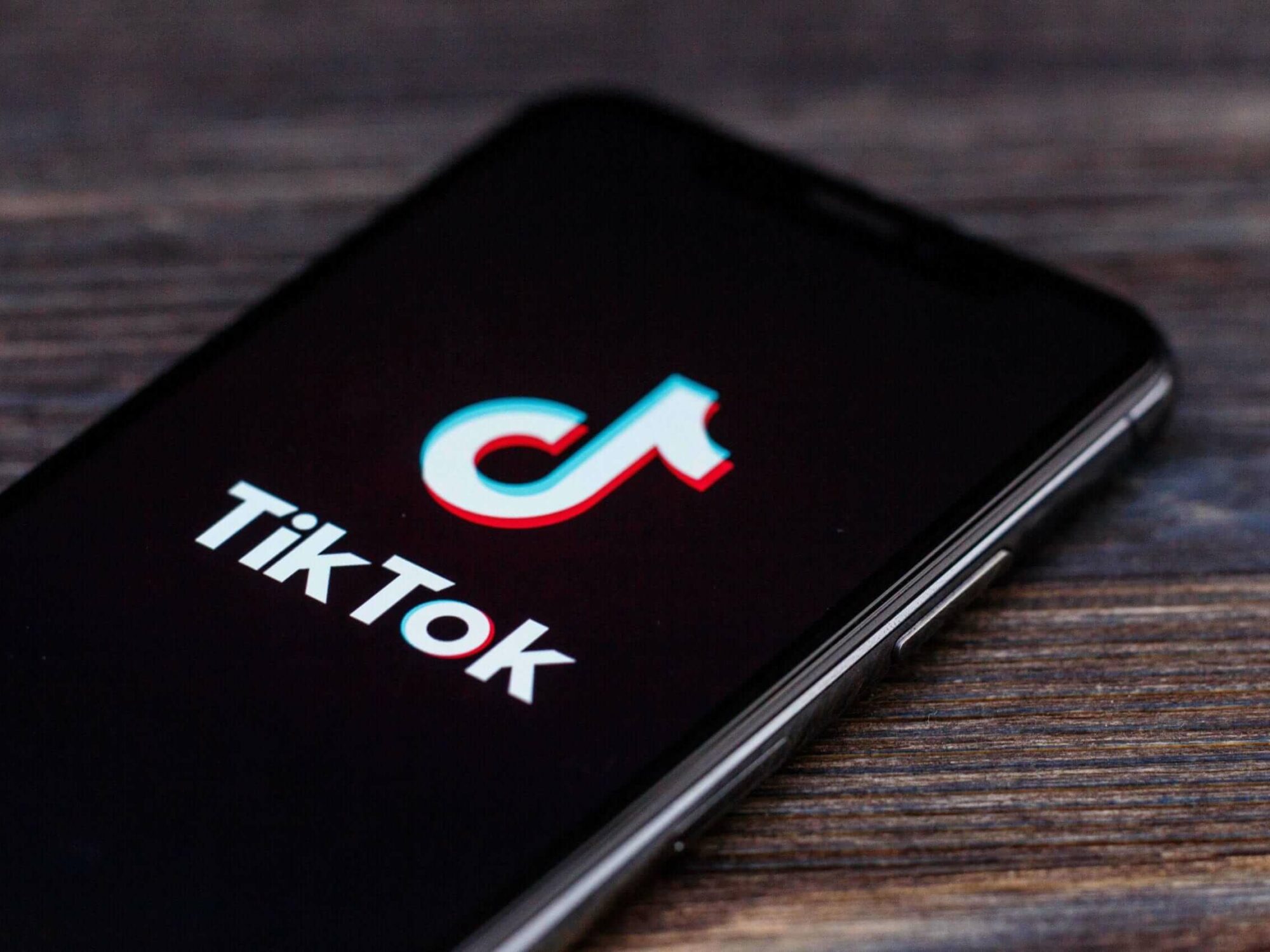Is TikTok the Future of Digital Marketing?
By Logan Mahan
Source: Inside Hook
On International Women’s Day this year, Burger King made a colossal blunder. The fast-food burger chain’s UK Twitter account tweeted: “Women belong in the kitchen.” But surprise! They weren’t actually using the misogynistic phrase in its typical misogynistic usage on a day to celebrate women, it was just an attention-grabbing slogan to unveil a new initiative created to get more female chefs in restaurant kitchens (get it?) It can be assumed the tweet and campaign were meant to garner much more praise from the internet for being so clever and witty, and Burger King did in fact go viral, just for all the wrong reasons.
The incident prompted some Twitter users to reflect on how brands now present themselves on social media. “Brand Twitter” has had an interesting trajectory. As Vulture wrote back in 2019, “In the beginning, Brand Twitter lagged behind internet culture … But as marketers started hiring people who were Extremely Online, it caught up. Tweets became more self-aware and ironic, which led to increased visibility as well as criticism.” At first, seeing semi-serious brands engage in memes and say weird shit online was somewhat shocking and genuinely funny, with some companies like Wendy’s gaining reputations for “savagely” roasting people online. But as brands continued to try and “relate” to us consumers, the novelty wore off. Brands attempting to capitalize on current memes simply became cringe and eye-roll-inducing, so much so that memes like “silence, brand” were used in response to brands’ pandering.
